Hereditary Plasma Clotting Factor Disorders and their Management — Russian
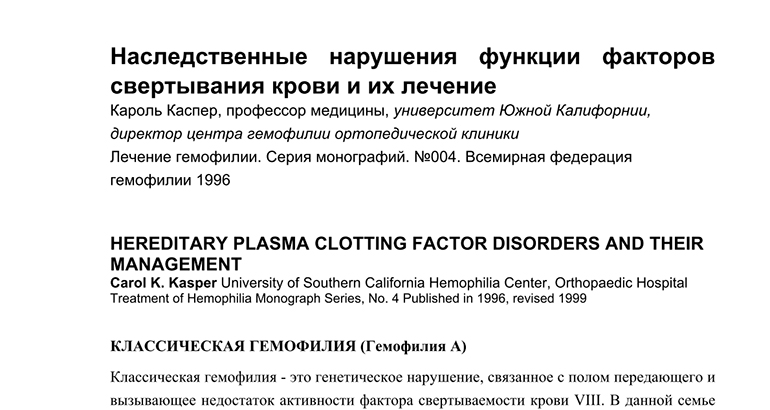
Also Available In: English, Spanish This is not an official WFH translation. This resource has been translated with permission by a WFH National Member Organization (NMO), and is shared here with their kind permission. Translating organizations are encouraged to have translations reviewed by local experts, the WFH is not responsible for the translation or for […]
Platelet Function Disorders — Russian
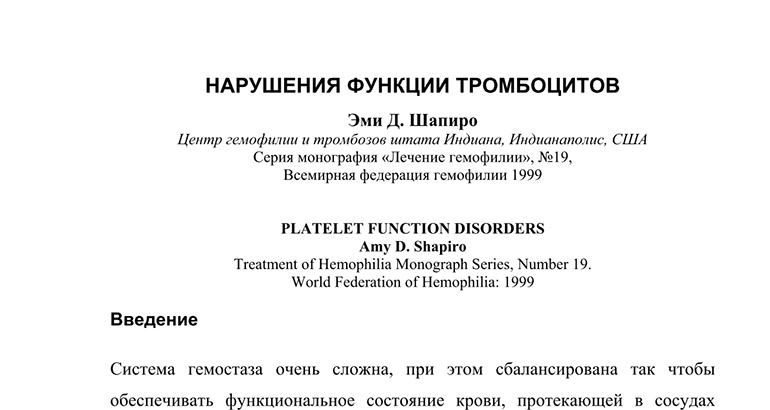
Also Available In: English, Spanish This is not an official WFH translation. This resource has been translated with permission by a WFH National Member Organization (NMO), and is shared here with their kind permission. Translating organizations are encouraged to have translations reviewed by local experts, the WFH is not responsible for the translation or for […]
Benefits of a National Patient Registry — Russian
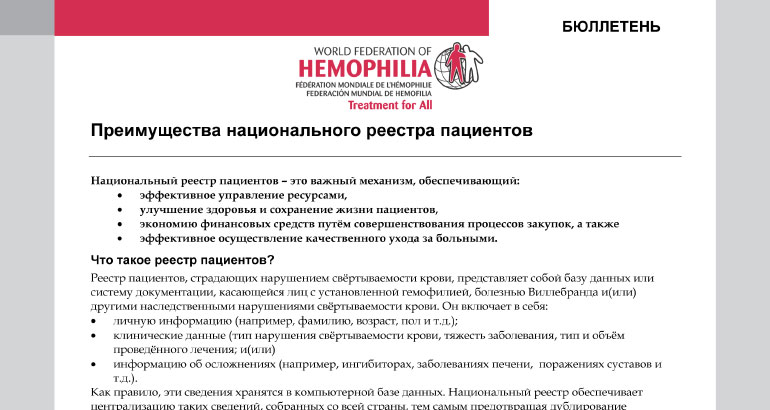
Also Available In: Japanese Patient registries are crucial for monitoring trends in health, allocating resources, organizing and tracking distribution of treatment products, and improving the purchasing process on a national scale.
Exercises for People with Hemophilia — Russian
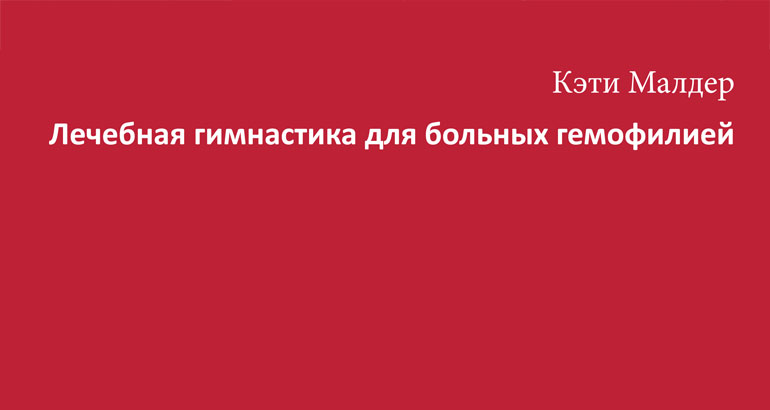
This resource has also been translated into the following languages, with permission from the WFH, by NMOs: Amharic, Czech, Farsi, Japanese, Latvian, Lithuanian, Mongolian, Polish, Portuguese, Serbian, Traditional Chinese, Vietnamese This illustrated guide includes a detailed description of exercises designed to counteract the long-term effects of joint and muscle bleeding and the tendency to develop […]
Hemophilia in Pictures — Russian
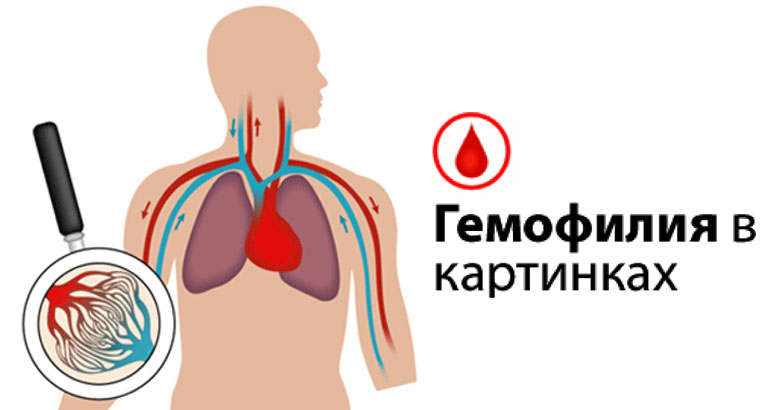
This resource has also been translated into the following languages, with permission from the WFH, by NMOs: Estonian, Farsi, Greek, Indonesian, Italian, Macedonian, Polish, Portuguese, Sesotho, Vietnamese A colour-illustrated guide to hemophilia. It is the perfect educational tool for parents, nurses and other healthcare providers, and anyone seeking to transmit basic information about hemophilia and its […]
Guide to Developing a National Patient Registry — Russian
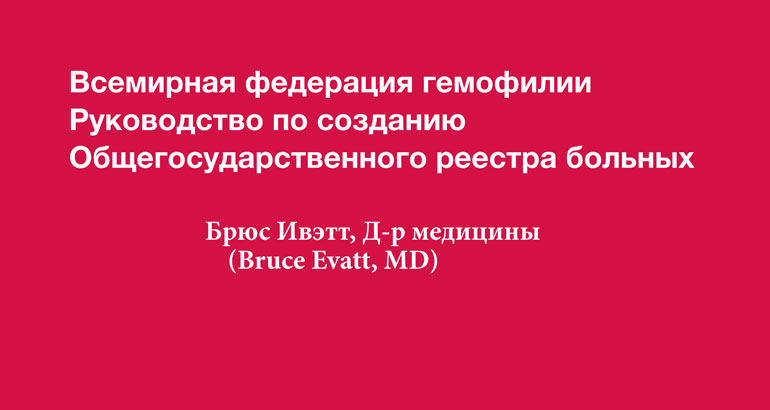
Having a national patient registry means being able to answer fundamental questions about the hemophilia population within a given country. This step-by-step guide outlines the basic principles of data collection, maintenance, and analysis and compares different types of registries.
Economic Benefits of Home Therapy — Russian
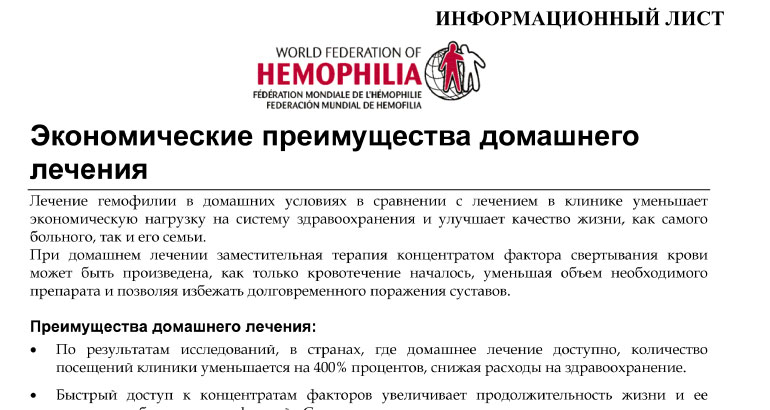
Also Available In: Japanese Access to home treatment reduces the economic impact on healthcare systems and improves the quality of life for both the person with hemophilia and his family.
Economic Benefits of Comprehensive Hemophilia Care — Russian
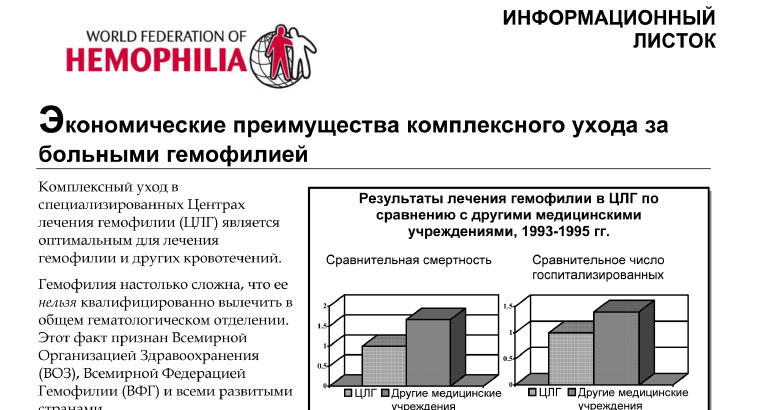
Also Available In: Japanese Patients receiving comprehensive hemophilia care have a lower mortality rate and a lower hospitalization rate for bleeding complications than those treated outside a hemophilia treatment centre
Benefits of Treating Hemophilia with Factor Concentrate — Russian
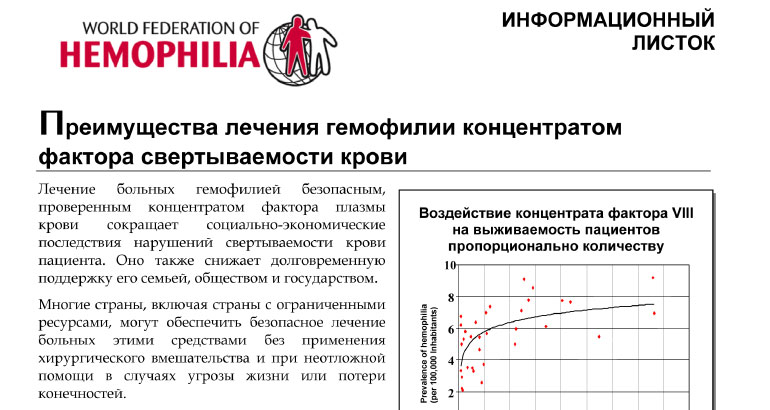
Also Available In: Japanese Treating people with hemophilia with safe, regulated plasma-derived factor concentrate directly reduces the social and economic impact of this bleeding disorder on the patient as well as the amount of long-term support required from family, community, and government.
Economic Benefits of Basic Hemophilia Treatment & Care — Russian
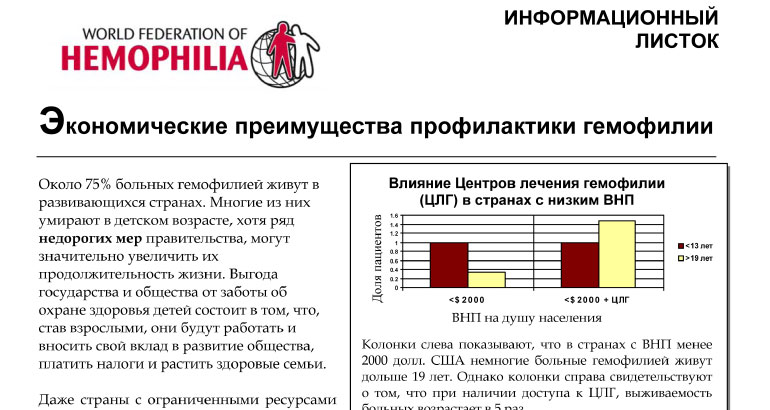
Also Available In: Japanese This fact sheet demonstrates the benefits of providing basic treatment and care to people with hemophilia. Adequate care includes access to a hemophilia treatment centre and to treatment products, and education for healthcare providers, patients, and families.
What is Hemophilia? — Russian

The previous edition is also available in: Japanese The previous edition of this resource has also been translated into the following language, with permission from the WFH, by NMOs: Amharic, Setswana This patient handbook contains basic information about the inheritance, symptoms, and management of hemophilia.
The Treatment of Hemophilia Bleeding with Limited Resources — Russian
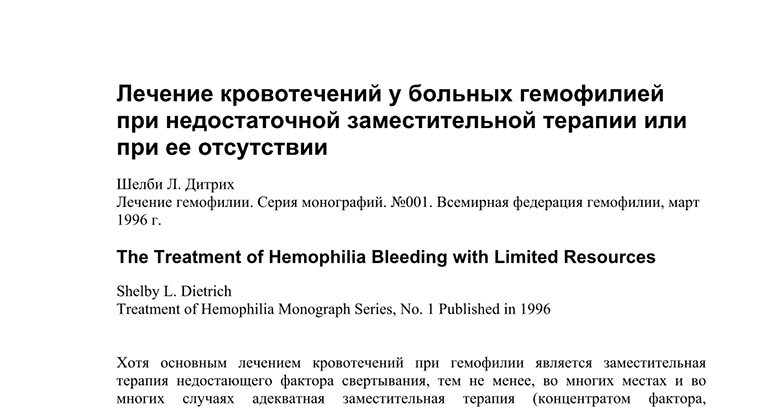
Also Available In: English, Spanish This is not an official WFH translation. This resource has been translated with permission by a WFH National Member Organization (NMO), and is shared here with their kind permission. Translating organizations are encouraged to have translations reviewed by local experts, the WFH is not responsible for the translation or for […]
